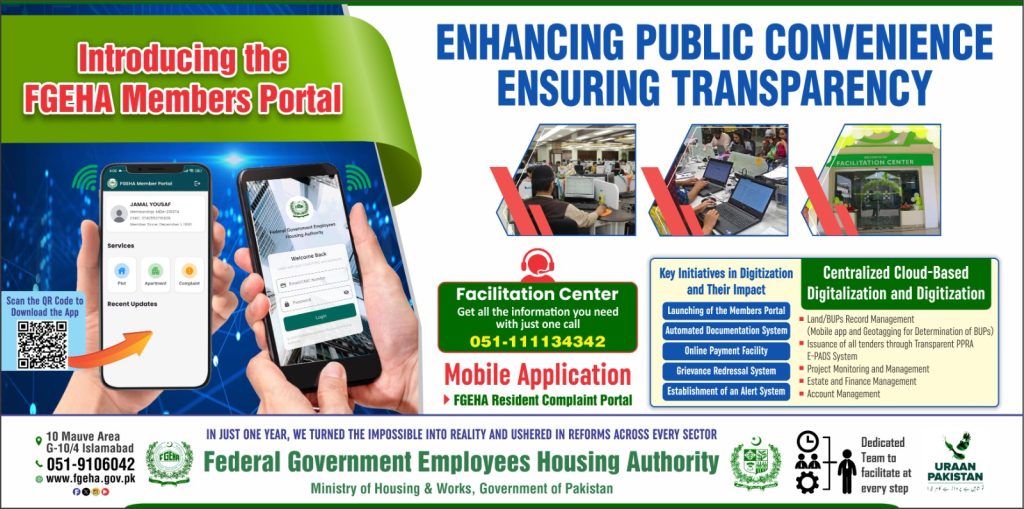Islamabad (Special Reporter)
In a bold move to curb tax evasion, the federal government of Pakistan has decided to introduce another stringent tax measure in the upcoming Budget 2025-26, based on proposals from the Federal Board of Revenue (FBR).
As per FBR sources, citizens will be required to make payments via credit cards or other digital methods at petrol pumps, restaurants, and various retail outlets. Failure to pay through digital means will result in an additional tax of Rs. 3 on cash payments, especially on petrol purchases. This initiative aims to discourage cash transactions and promote digital payments.
FBR officials state that this proposal will be a significant part of the Finance Bill 2025-26 and is aimed at tackling issues such as tax evasion and fuel adulteration at petrol pumps. Additional measures to support digital payments include the integration of QR codes, debit/credit card systems, and mobile payment platforms at fuel stations.
Moreover, manufacturers and importers may be allowed to impose an additional 2% tax on cash sales. Multiple meetings have been held with stakeholders in the corporate sector to make this proposal feasible. There is also consideration to apply similar taxes on cash purchases at retail shops.
While restaurants already offer tax exemptions for card payments, the new rules will extend digital incentives across more sectors. However, salaried individuals may not receive substantial tax relief in the new budget, with only minor adjustments expected.
Buyers will retain the freedom to pay in cash but will incur higher taxes for doing so. Importers and manufacturers will also be mandated to collect the standard 18% General Sales Tax (GST) on digital transactions through simplified QR codes and other electronic solutions.
Additionally, there are ongoing discussions to bring unit managers, jewelers, wedding halls, doctors, and lawyers into the tax net, although no final proposal has been confirmed yet.
The upcoming budget reflects a determined push towards digital economy transformation, enhancing transparency, and improving tax compliance across Pakistan’s business sectors.


